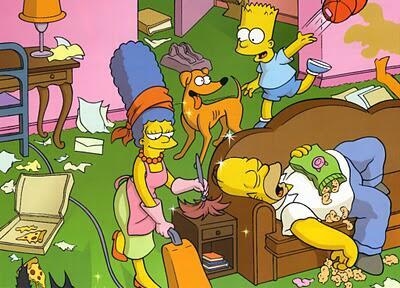THOUGHTS ON POLISHING THE FURNITURE
Uriah Heep in Dickens’ novel, “David Copperfield,” is a much maligned character and deservedly so as he was inclined to crawl like a snake among his betters until he was in a position to strike. Still, beyond unctuous manners, there is some wisdom in him for as a child he’d learned never to pose a threat to anyone until he had gained the upper hand. In Heep’s case, he does so through blackmail, turning upon his employer with unimagined malice. Dickens’ creation pays for his crime eventually, but there is something to be said for the ability to be self-effacing. After reading about the lives of some famous writers, Dickens among them, a little self-effacing behavior wouldn’t have gone amiss.
If their biographers are to be trusted, male artists tended to be demanding. They insisted, for example, that household matters give way to their creative demands. In a chronicle on William Styron, just published by his daughter, she depicts her father as a recent example. He was never cruel or neglectful of his family’s material needs, but time, that precious fluid that nurtures, was entirely his own and not to be interfered with by anyone and certainly not a vacuum cleaner.

(courtesy: BingImages)
Even in marriages where both partners were artists, the disparity existed. There was no escaping it: a woman artist was expected to tend to her role as homemakers first, making certain the ironing was done, before she committed time to her calling. The poets Sylvia Plath and Ted Hughes are one example.
For hundreds of years women were thought to be less intelligent and less creative than their male counterparts and that education was wasted on them. One wonders how the course of human history might have evolved had men and not women had been responsible for polishing the furniture.